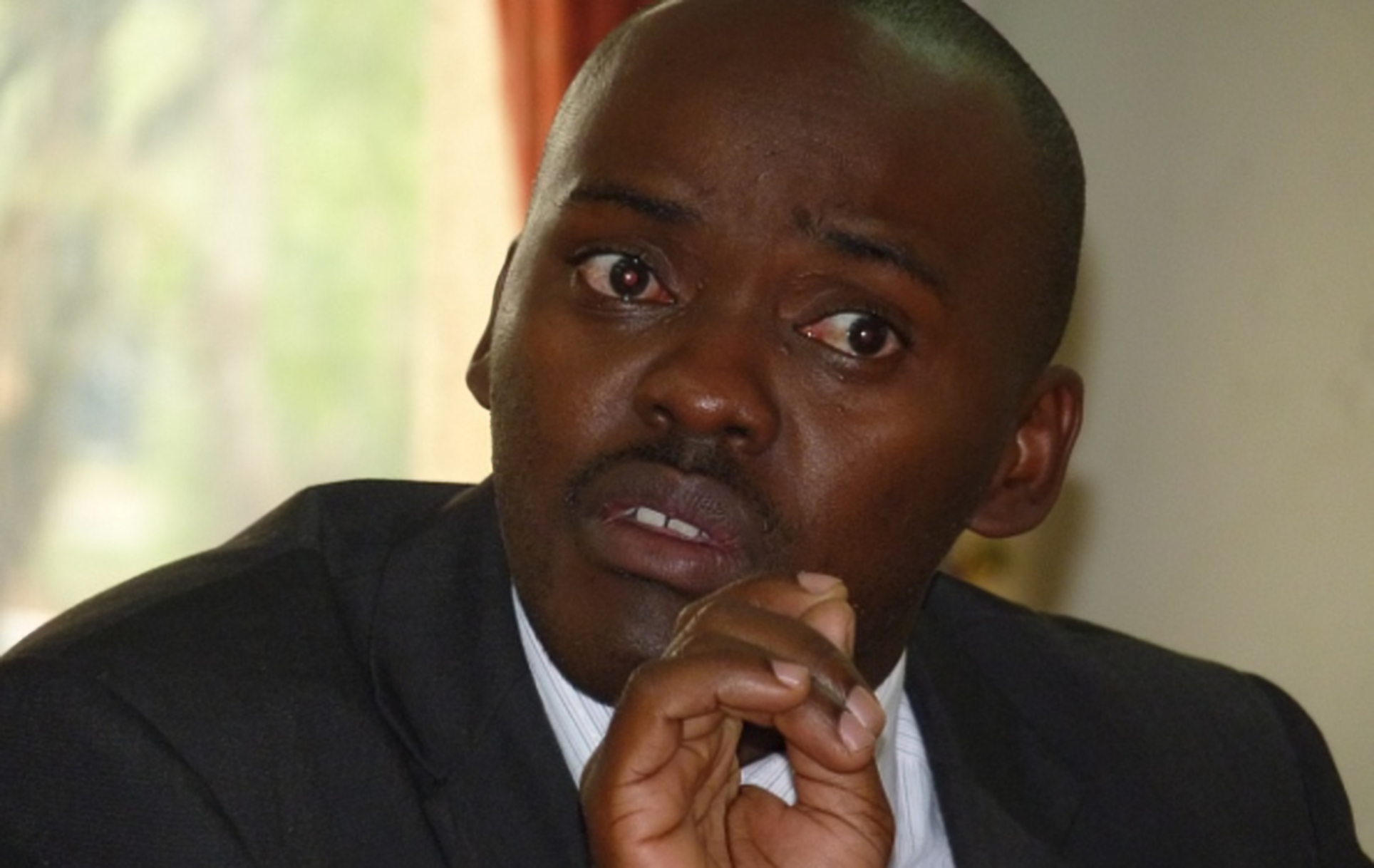Ezrah Kashumbusha.
KAMPALA, May 14, 2024 | The Constitutional Court sitting in Kampala has dismissed a petition aimed at blocking a parliamentary resolution that approved funding for a new ultra-modern hospital in Lubowa. The project, backed by a substantial Shs 1.4 trillion guarantee to Italian investors, was challenged by the Initiative for Social Economic Rights (ISER), a civil society organization advocating for economic transparency and citizen participation.
Justices Catherine Bamugemereire, Irene Mulyagonja, Fredrick Egonda Ntende, and Oscar Kihika presided over the case and concluded that the Parliamentary resolution, which was passed after agreements between the Ministry of Finance and the Ministry of Health, adhered to constitutional requirements. According to the justices, “The imperative in Article 79 that no person or body other than parliament shall have the power to make law was satisfied… and therefore the constitution was effectively protected by the law and by Parliament.”
The hospital project, poised to elevate healthcare standards in Uganda with state-of-the-art facilities, has faced criticism over the alleged lack of transparency in the project’s planning stages and public involvement. ISER expressed concerns that the financial burden of the loan would fall heavily on Ugandan citizens, who were not adequately involved in the decision-making process.
The Attorney General defended the resolution in court, arguing that the petition did not present a constitutional dispute requiring interpretation but rather questioned the application of existing constitutional articles. The court ultimately ruled that the financing of the project fell within the scope of the Finance Management Act, specifically under clause (3) sections 36, which allows for such governmental financial undertakings.
Despite the court’s decision, the case has highlighted ongoing concerns about transparency and public participation in major financial commitments by the state. The development of the Lubowa Hospital continues to be a topic of significant interest, reflecting the community’s hopes for improved healthcare infrastructure and the enduring debate over the mechanisms of public finance and governance in Uganda. As the project progresses, its impact on the healthcare landscape and public trust in government processes remains to be seen.















